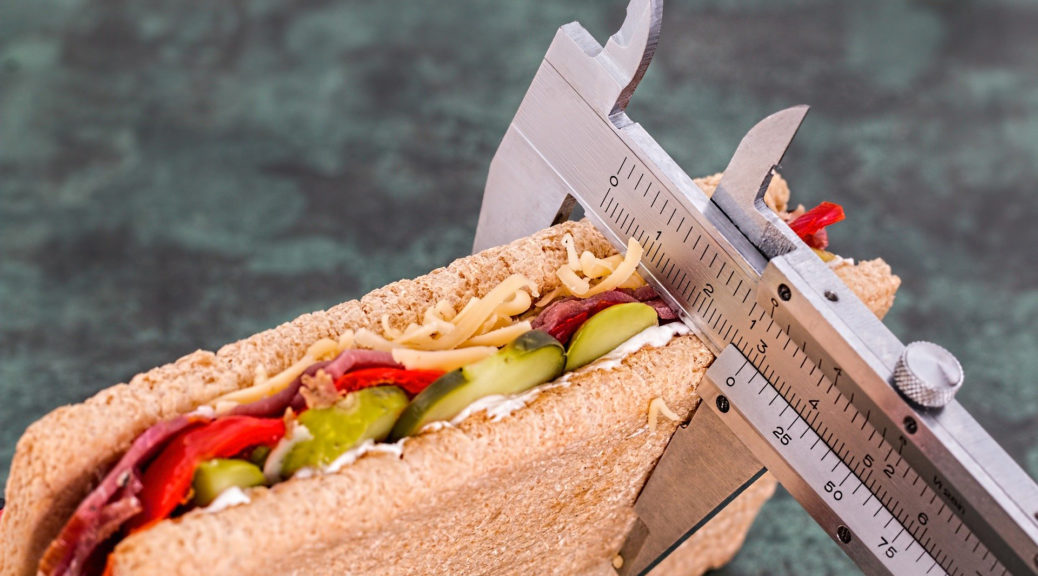
Counting Calories for the Best Result
Calories are a measure of energy, normally used to measure the energy content of foods and beverages.
The amount of calorie intake needed to lose fat for each individual depends on the type of workout you are doing, your body weight and your gender.
To lose weight you have to maintain a calorie deficit in your day-to-day activities.
This means eating fewer calories than you burn.
An average woman needs to eat about 2,000 calories per day to maintain her weight and the average man needs 2,500 calories a day to maintain his weight.
On average you should be 1100 calories deficit per day to lose 1 kg per week. which means cutting 7700 calories each week. Because 7700 calories equal about 1 Kg of fat, it’s estimated that you need to burn about 7700 calories to lose 1 Kg.
So, in general, if you cut about 500 to 1,100 calories a day from your typical diet, you’d lose about 0.5 – 1 Kg a week.
Benefits
You make a better choice
When you keep a keep journal or track your meals, you make better choices. You become accountable to yourself, and you can track your progress better.
Prevents overeating
Most people don’t overeat vegetables, fruits or protein so this mostly applies to carbohydrates and fat. Keeping track of how much you eat will startle you by the amount of food you overeat.
Help you plan your workout better
To lose weight, meal planning and workout planning go hand in hand, counting calories will give you insight into how much you need to burn during your workout session helping you plan your workout better.

How to Count?
- Keep a journal
Use a calorie-tracking app on your smartphone or note it down somewhere.
- Measure accurate
Measure your food portion size preferably with standard size measurements like teaspoon, tablespoon, cup or in grams.
- Calculate calories
You can find the corresponding calorie content from sites like MyFitnessPal.
- Be Thorough
Record everything from snacks and candies to the little bites you took from your dining partner’s dessert. You would be surprised how the small indulgences throughout your day add up to a big change in your weight loss results.
- Record your macros
In addition to recording your total calories, consider tracking macro-nutrients such as protein, carbohydrate, and fat grams. This can be especially important if you are trying to eat a lower carbohydrate or lower fat diet. If you use a food app, these numbers will automatically be recorded for you when you input your food.





